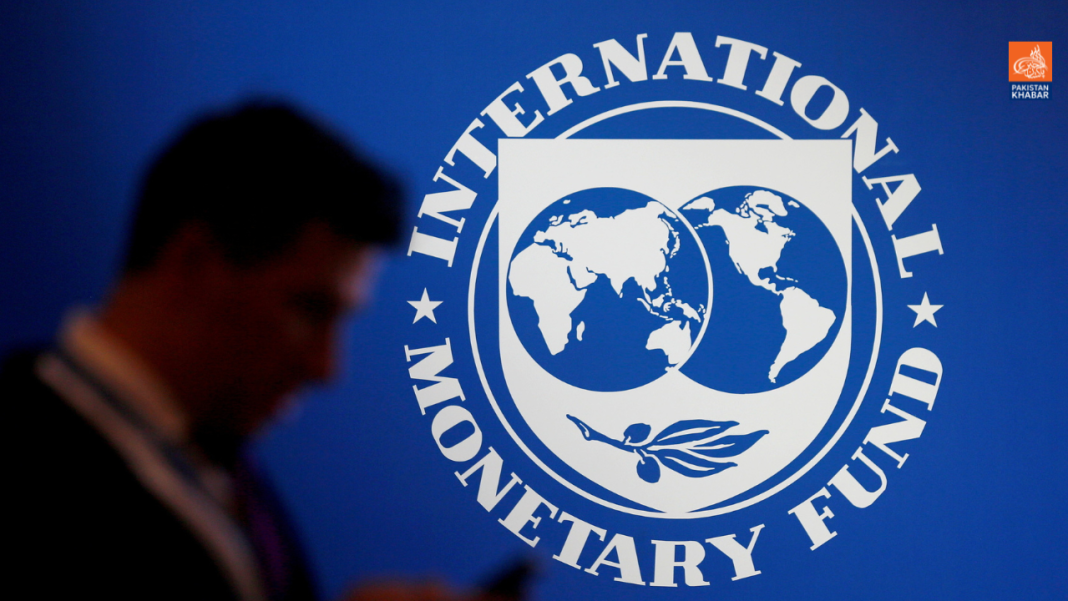The International Monetary Fund (IMF) has appointed Mahir Binici as its new country head for Pakistan, as the government ramps up efforts to secure the approval of a $7 billion loan by the end of September. This development comes amidst rising concerns over the global lender’s motives.
Critics, including Deputy Prime Minister Ishaq Dar, have raised questions about the IMF’s approach, accusing it of imposing unrealistic assumptions about Pakistan’s current account deficit during its last two programs. These assumptions, along with the pressure to raise new external loans, have sparked suspicions regarding the IMF’s intentions.
Binici, a Turkish national, will take over from Esther Perez as the IMF’s Resident Representative for Pakistan in December, according to government sources. While the IMF has yet to officially comment on the transition, Binici brings experience in macroeconomic policies and emerging markets, having previously worked at Turkey’s central bank.
One of Binici’s primary challenges will be overseeing the implementation of the ambitious $7 billion Extended Fund Facility (EFF), which is facing obstacles even before receiving approval from the IMF’s Executive Board. Pakistan’s case has not yet been listed on the IMF’s board calendar through mid-September, despite earlier expectations that it would be approved in the first half of the month. Now, the government aims to secure approval by the fourth week of September.
In August, Pakistan was delisted by the IMF after failing to secure rollovers of $12 billion in cash deposits and arrange an additional $2 billion in new financing. Binici will also need to address trust deficits between the IMF and Pakistan’s government, experts, and the public, which have grown in recent years.
The IMF’s strict conditions, often blamed for hindering Pakistan’s economic growth, exacerbating power sector issues, and contributing to high unemployment and poverty, remain a point of contention. Despite criticism, the IMF has set aggressive targets, such as the nearly Rs13 trillion goal for the Federal Board of Revenue (FBR). The FBR has already fallen short by Rs98 billion in the first two months of the fiscal year, with a widening gap expected in September.
During a recent event, Deputy Prime Minister Ishaq Dar claimed the IMF wanted Pakistan to default in 2022 and warned of geopolitical factors aimed at undermining the country’s nuclear state status. Dar also argued that the IMF’s overstated current account deficit projections for both the 2019-22 Extended Fund Facility and the 2023 Stand-by Arrangement led Pakistan to secure unnecessary financing.
Despite government efforts to lower inflation and stabilize the economy, the IMF has resisted calls to reduce interest rates, maintaining that Pakistan must keep real positive interest rates adjusted for headline inflation. With inflation at 9.6% in August, the government sees potential to cut interest rates by 5% in an upcoming monetary policy meeting. However, the IMF’s harsh conditions continue to strain its credibility in Pakistan.




